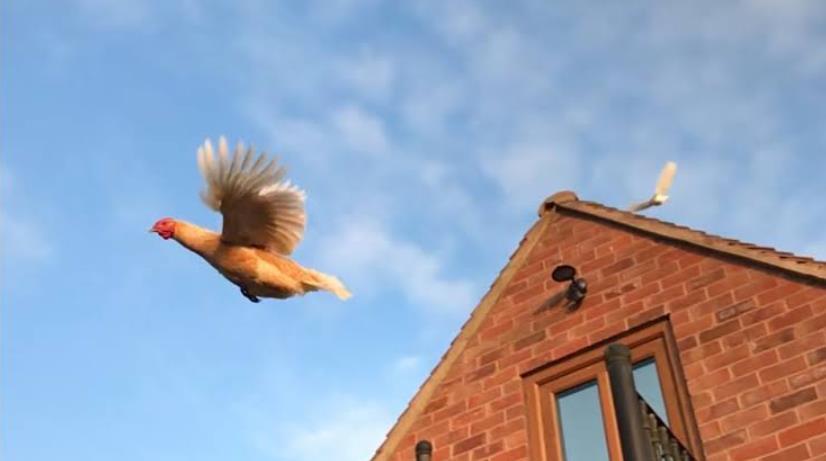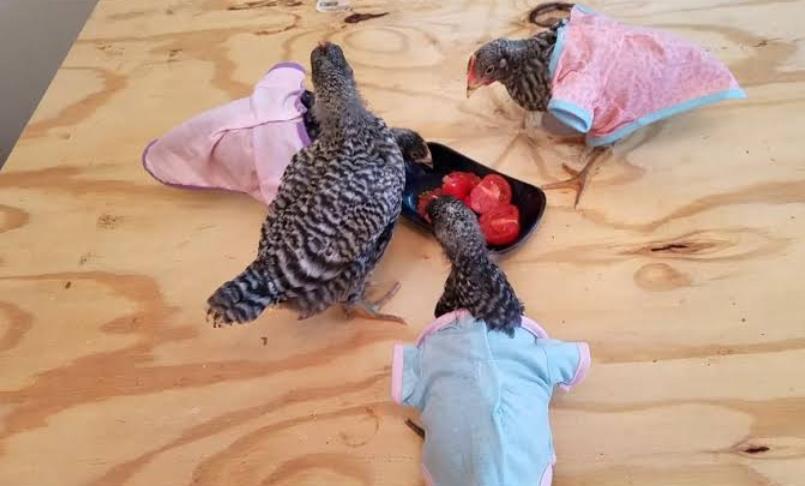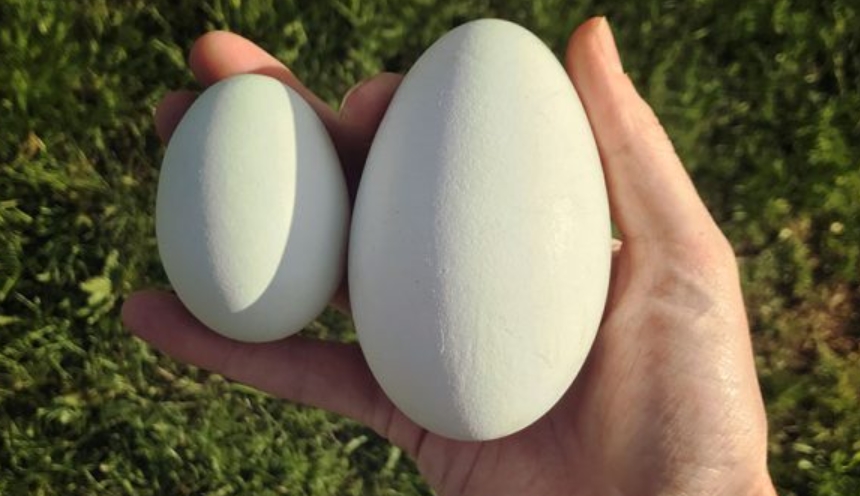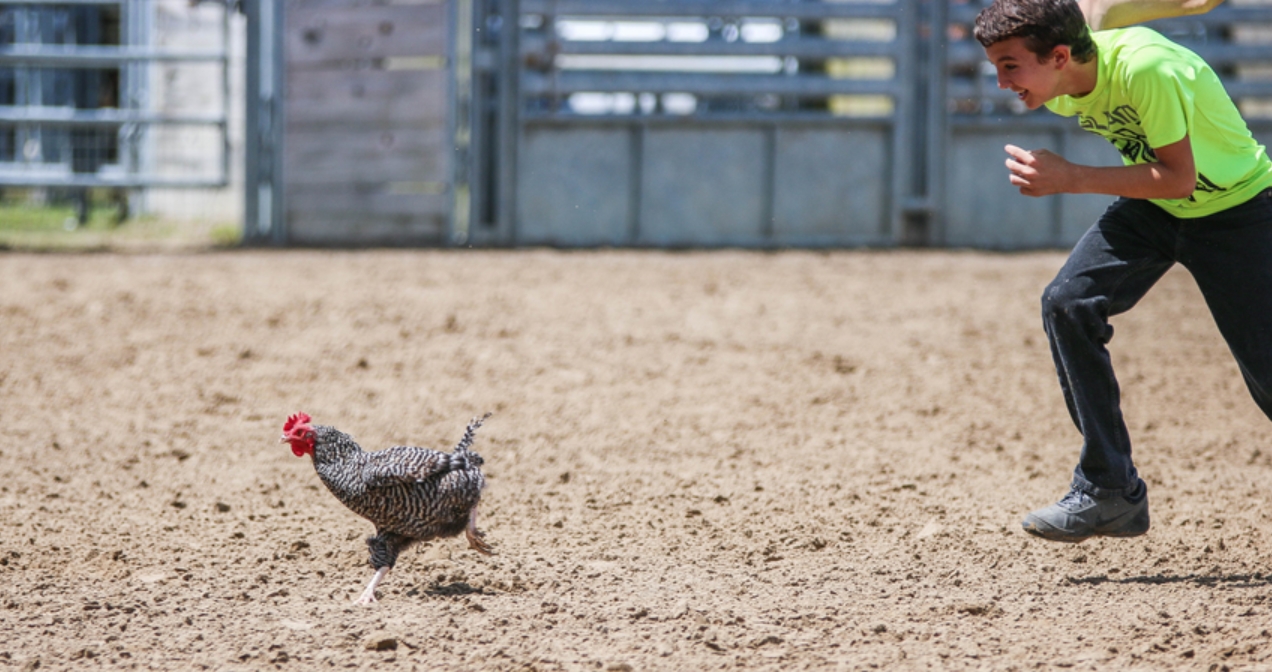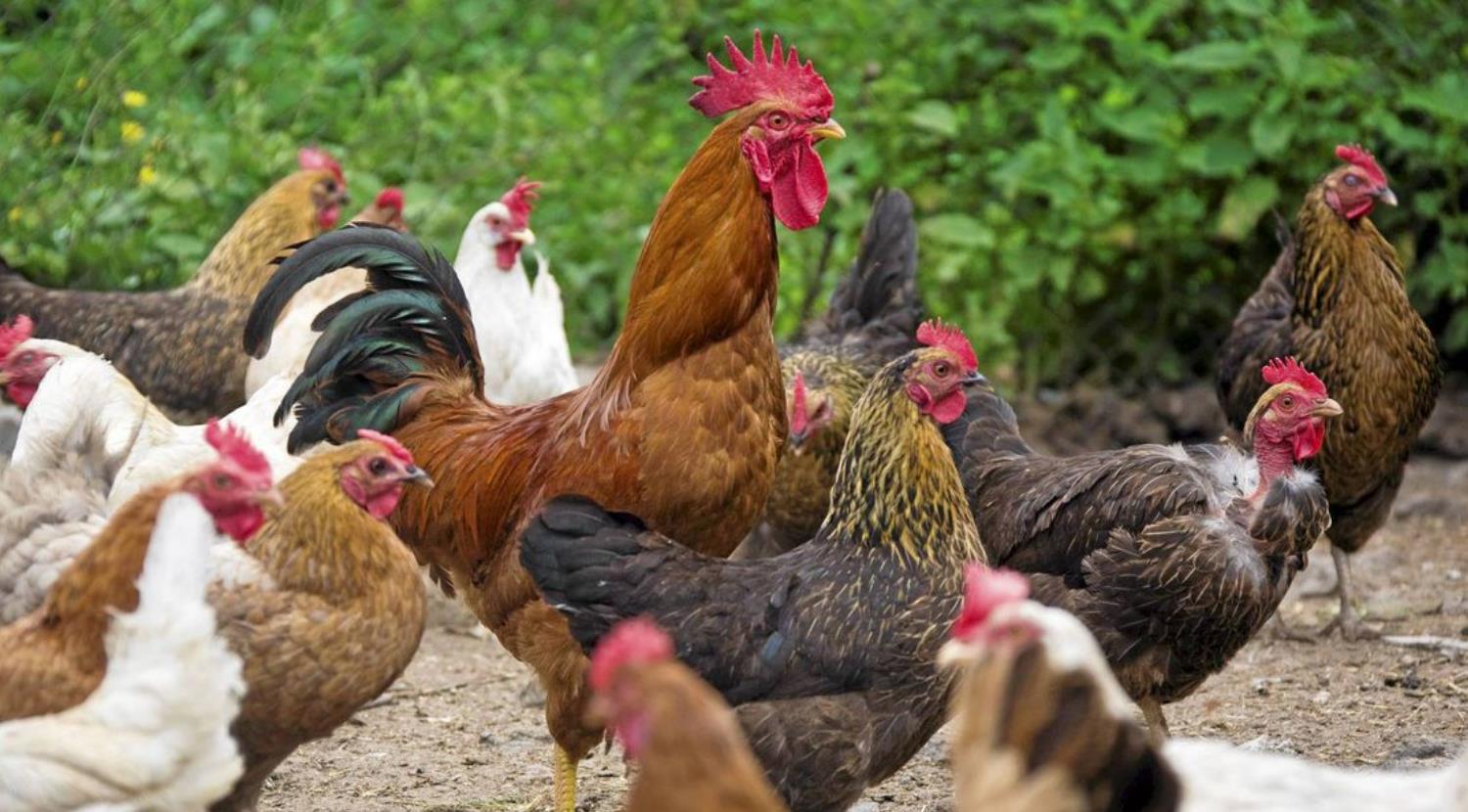
Many people use to think that there is no barrier between the hen and the chicken. Indeed, it is not wrong for those who never raise them. But, actually, it is a misunderstanding and misconception. Because, in fact, both of them are different, especially when you are a chef. You can distinguish which one is a hen and a chicken like you use to talk. For further discussion, let’s find the difference between hen vs chicken here that might be amazed you.
As we mentioned at first glance, the one who is able to differentiate between hen and chicken is a chef. The chef can easily detect the texture when they are cooking. The hen’s meat is more tender than a chicken. Also, from its taste too, the hen is lighter if you compare it to the chicken. But, in this article, we won’t talk about the hen vs chicken for your recipe. All the things above are general knowledge you should know about both of them.
Table of Contents
Things to Know About Hen vs Chicken
Here you are reading this article to find out more about the hen and the chicken. Maybe you already did a little search about the hen. Yes, simply said that the hen is a female chicken who has skill in producing eggs. But, more than that, there are still many things you need to know between hen vs chicken. Below are the specific points we are talking about:
1. Gender-Specific
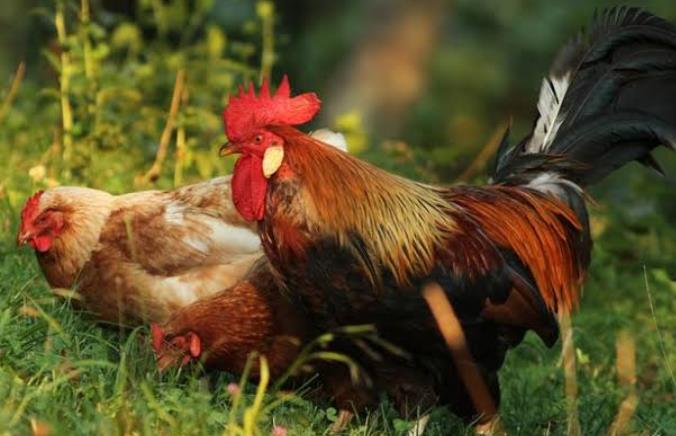
As you already know that the hen is female and able to result in eggs, then “hen” is dedicated to describing a gender. While “chicken” doesn’t tend to any roles, it could be the man (a rooster) and the female (a hen). It is like you use the word “human” which is not specific to a male or female. So, it goes the same thing with the chicken.
2. Adulthood
Besides, a rooster and a hen term, there is another word if you want to tell “the boys” and “the girls” in the English dictionary, a “cockerel” shows the young boy, while a “pullet” is for the young girl. The pullet changes to the hen once it grows an adult. But, no one knows when a pullet is exactly turning into a hen. Not like a human, when the girls are at a certain age, they turn into a woman.
3. Generalization
Surprisingly, there are several people who use “hen” to describe general female birds. It is not only for a female chicken, but as long as the birds are female, then they are worth to be called as a hen. On the other hand, “chicken” cannot be used to describe all birds. Because “chicken” word is only equal to one creation which is the chicken itself.
Terms Related to the Chicken
When we are discussing the hen vs chicken above, you finally know when the right time to use both terms. More than that, you also know the other “kinds” of chicken through “cockerel” and “pullet” terms. In fact, there are still other calls to describe a chicken. Here are those calls so you can adjust based on your context:
1. A Pullet
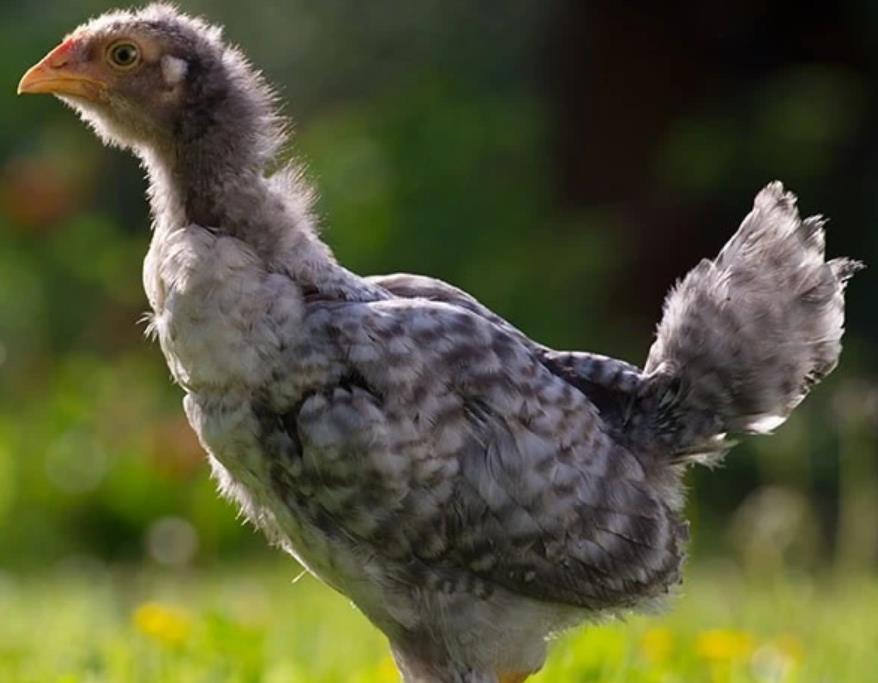
At the discussion above, we said that no one knows when a pullet turns into a hen. Well, if you are still thinking about it, you probably can use this simple concept. A pullet is a young female chicken until she gets her first court. Thus, a pullet is impossible to lay any eggs. Once the female makes a date and results in eggs, then she becomes a hen. A chicken is proper being a pullet until around the “teenage” time in about 12-16 weeks old. After that, the male starts attracting them until the girl gets point of lay (her “pregnancy” to lay first eggs) then the eggs come out.
2. A Cockerel
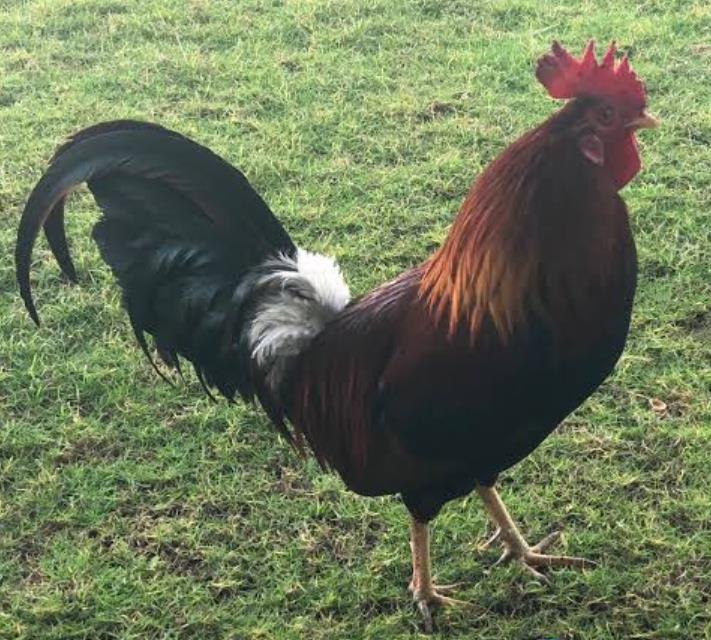
We also mentioned about “cockerel” above when described the young boy. Actually, the “cockerel” term has the same meaning as a “rooster”. When you are in the UK and Europe, a cockerel shows a young boy chicken, while in the US uses a rooster to be more general.
Just like a pullet, a cockerel is also stated from 12 weeks until 16 weeks old. Even though some of them are breeding earlier, you have to prepare for when the boys get squeaky. It means that they are ready to mate a hen. They are also busy to keep their hackles and sickles. These are very useful to attract the girls around folks. If the cockerel is wise enough, he won’t fight and chest-bumping with another boy to get his chosen hen.
3. A Rooster
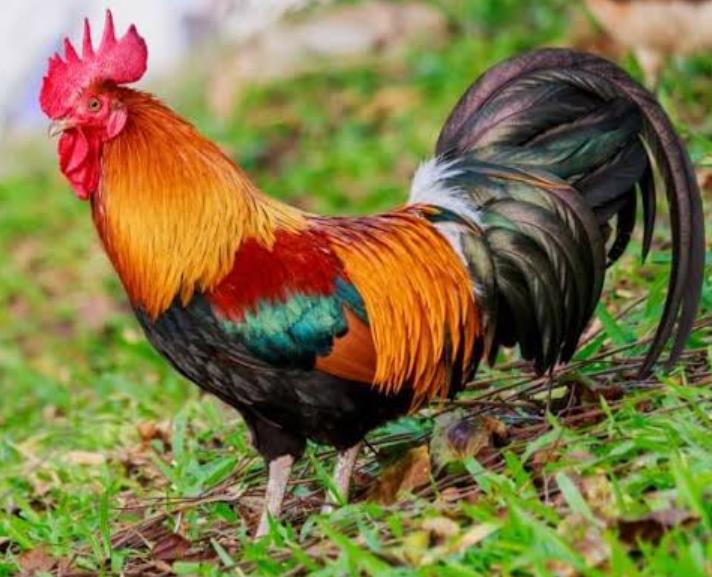
When we talked about the hen vs chicken, we used the “rooster” term to tell you the male one. Furthermore, about a rooster, you can start using this term once you see the boy leaves his folks. It is because he doesn’t feel belong anymore there. He thinks he is growing up, thus, he needs another place and life-changing. That is why, a cockerel who turns into a rooster is more protective of his belongings, feeling threatened (sometimes he bites the younger one), and many changes.
4. A Capon
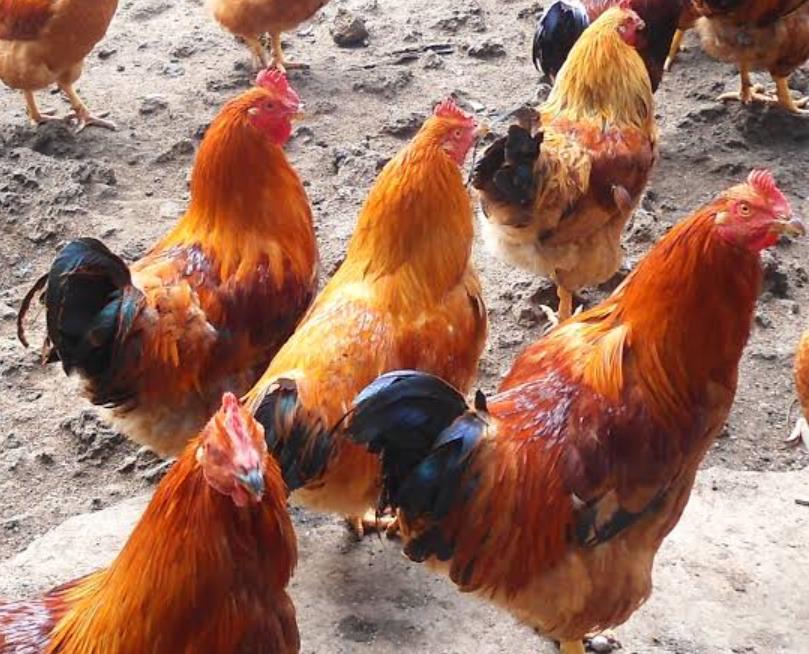
“Capon” might be a new thing for you and this term indeed is not very popular. People in France, Spain, and perhaps in several continents use this term. “Capon” is a condition when an immature rooster gets surgery to remove their testicles. It is due to reduce the aggression to the hen. Also, the other aim is to result in a more tender, flavorful, and juicy meat. Even though the practice of caponization is risky and not humanity, this method is still applied to delicacy purposes. Caponization is cheaper and considered as the natural method.
Summary
So, have you understood the difference between the hen vs chicken? Based on the explanation above, you can assume that chicken is a general term, while the hen is specifically describing a female chicken. Actually, if you want to know more about the terms, there are still words even not really popular. When you hear someone say “Peeps”, “Chooks”, or maybe “POL”, those towards to talk about the chicken too in a certain condition.
Now don’t be confused anymore with a debate about hen vs chicken because you already had many insights from this article. It is clear to choose which term to use while you are talking about this fowl. But it is still okay when you use “chicken” to talk about the “hen”, as long as the information is complete.
